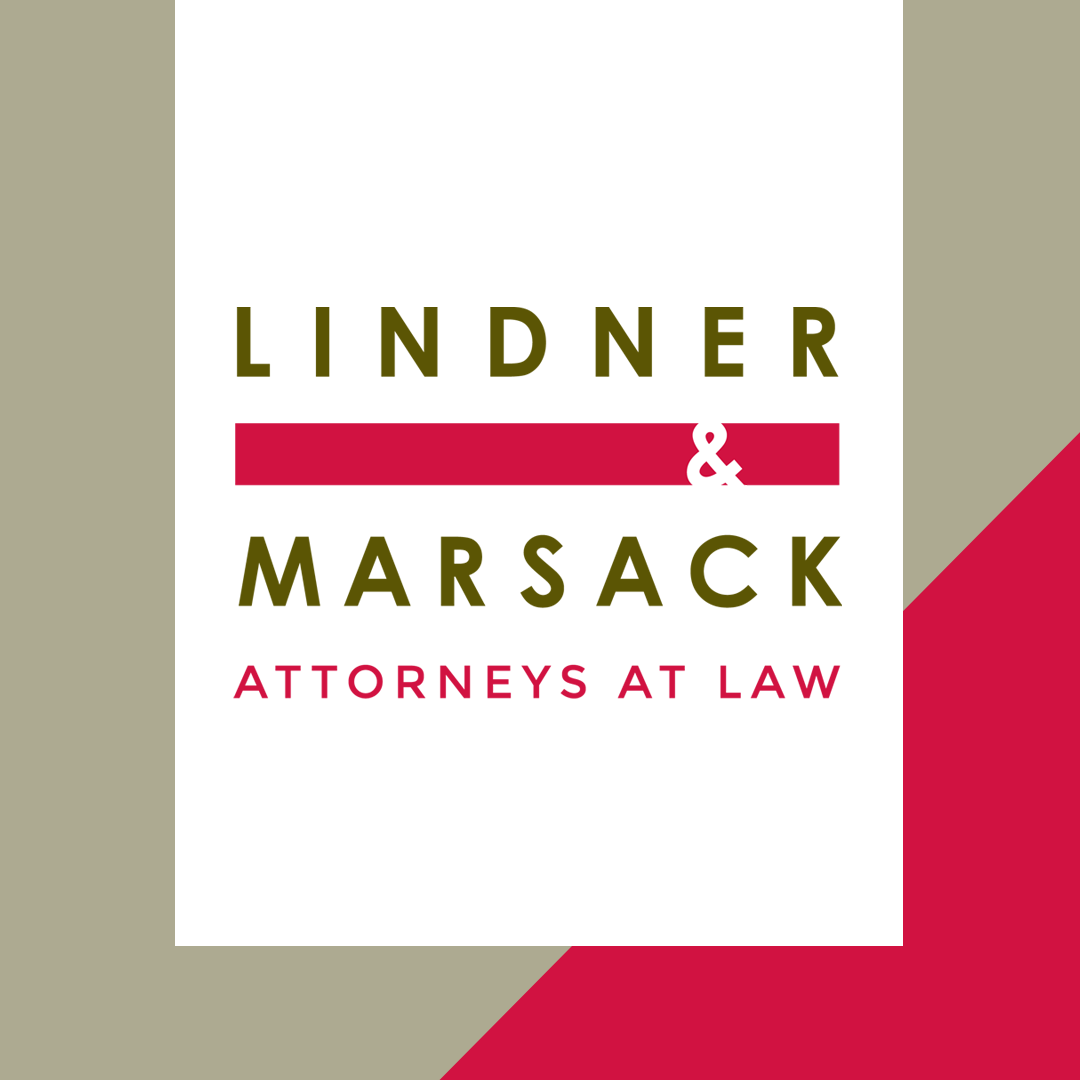Lindner & Marsack, S.C., one of the region’s most respected and long-standing management-side labor, employment and worker’s compensation defense firms, today announced several team members honored among the Best Lawyers in America® in the upcoming 2024 edition. Attorneys recognized include: Douglas M. Feldman – Workers’ Compensation Law – Employers Daniel J. Finerty – Appellate Practice […]

